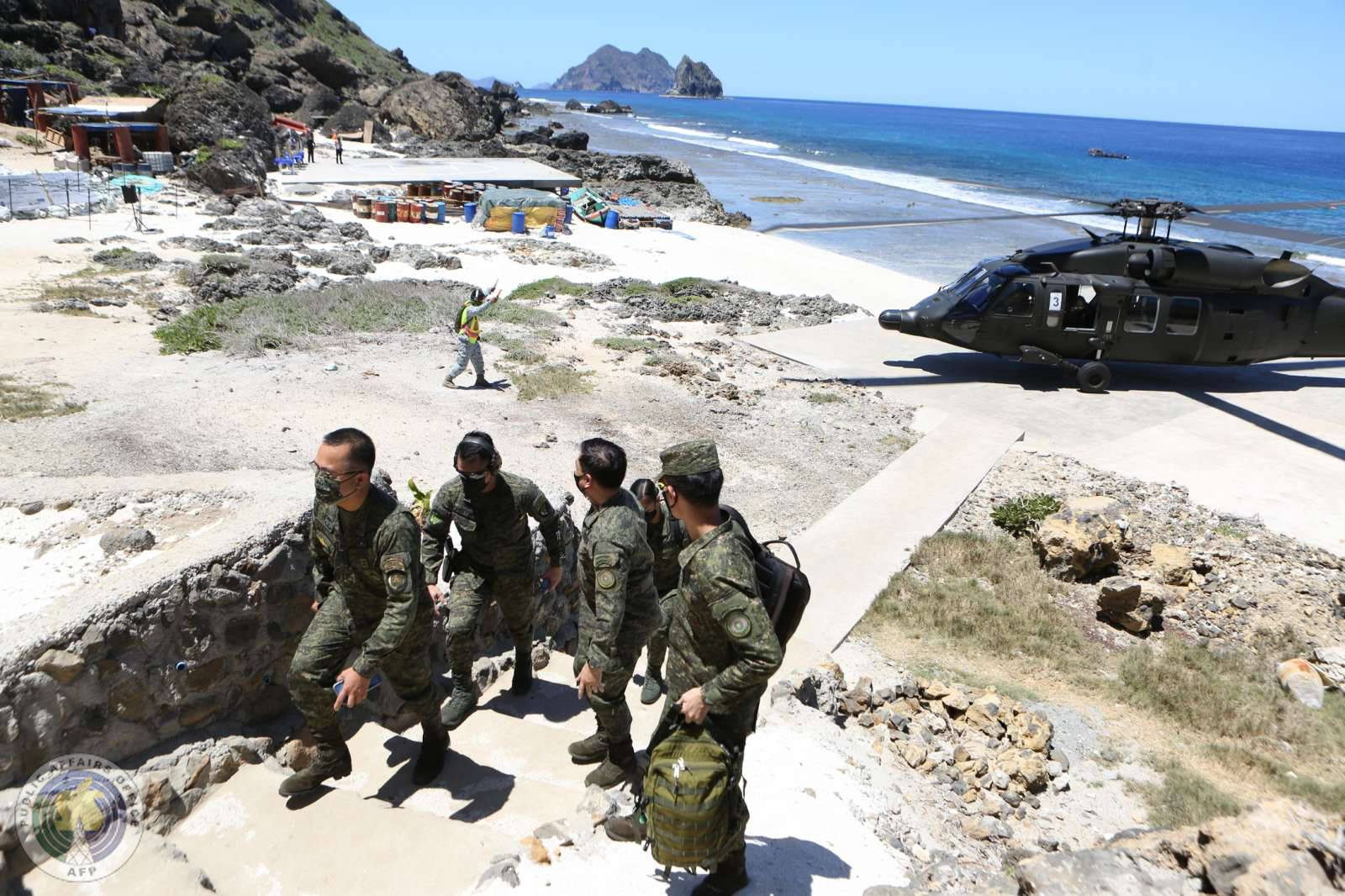TAIPEI, Nov 23 (Reuters) – Taiwan’s ruling party outlined the need for talks to avoid conflict with China on Thursday, as the island’s main opposition parties’ campaign to win back power unravelled further on deep disagreement over who should run for president.
China, which views Taiwan as its own territory despite the strong objections of the government in Taipei, looms large over the Jan. 13 poll especially as China has stepped up military pressure to assert its sovereignty claims.
The Democratic Progressive Party (DPP) this week announced Hsiao Bi-khim, previously Taiwan’s high-profile de facto ambassador to the United states, as the running mate for its presidential candidate Lai Ching-te, the frontrunner to be the island’s next leader.
While they registered their candidacy with the election office this week, ahead of a Friday afternoon deadline, Taiwan’s two main opposition parties, along with Foxconn founder Terry Gou who is also bidding for the presidency, have yet to do so.
The opposition Kuomintang (KMT) and Taiwan People’s Party (TPP) had previously agreed to work together against the ruling DPP but have made no progress on plans for a united presidential ticket.
Lai and Hsiao, on the other hand, with a united party behind them, are moving ahead smoothly with their campaign.
Hsiao, speaking to international media, discussed the sanctions China has placed on her – Beijing believes both she and Lai are dangerous separatists – and the importance of dialogue.
“We have reiterated our position that we remain open to dialogue, that we are also committed to the status quo,” she said.
“It’s also important that the international community, who also agrees with our position in continuing peace and stability in the Taiwan Strait, make clear to our counterparts across the Taiwan Strait that dialogue is the only way to resolve differences. War is not an option.”
‘OPPOSITION COLLABORATION’
Taiwan’s largest opposition party, the KMT, which traditionally favours close ties with Beijing, had agreed to work with the much smaller TPP on a joint ticket for the election, but they have been unable to agree who should be the presidential candidate.
Their disagreement has gripped Taiwan for the past week, and both parties have insisted they still want to work together.
Gou, who stepped down as chairman of iPhone maker Foxconn (2317.TW) in 2019, has entered the fray, trying to broker an agreement between the KMT and TPP.
On Thursday afternoon, Gou and the TPP chairman and presidential candidate Ko Wen-je arrived at a Taipei hotel for talks with the KMT’s Hou Yu-ih, who is expected to join them having initially declined to go.
“What we want is fair and just three-way talks, to reach the aim of opposition collaboration and a change of power,” Gou’s spokesperson, Huang Shih-hsiu, told reporters.
It is not clear whether Gou, who has trailed in opinion polls, will formally register to run for presidency.
At the Taipei hotel, Gou’s campaign set up a digital clock counting down to Friday’s election registration deadline of 0930 GMT.
“There’s not much time left,” Huang said. “We are here, waiting for Hou’s presence.”
Reporting by Ben Blanchard; additional reporting by Yimou Lee and Sarah Wu; Editing by Jacqueline Wong and Robert Birsel
Our Standards: The Thomson Reuters Trust Principles.



